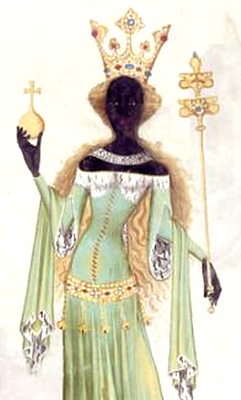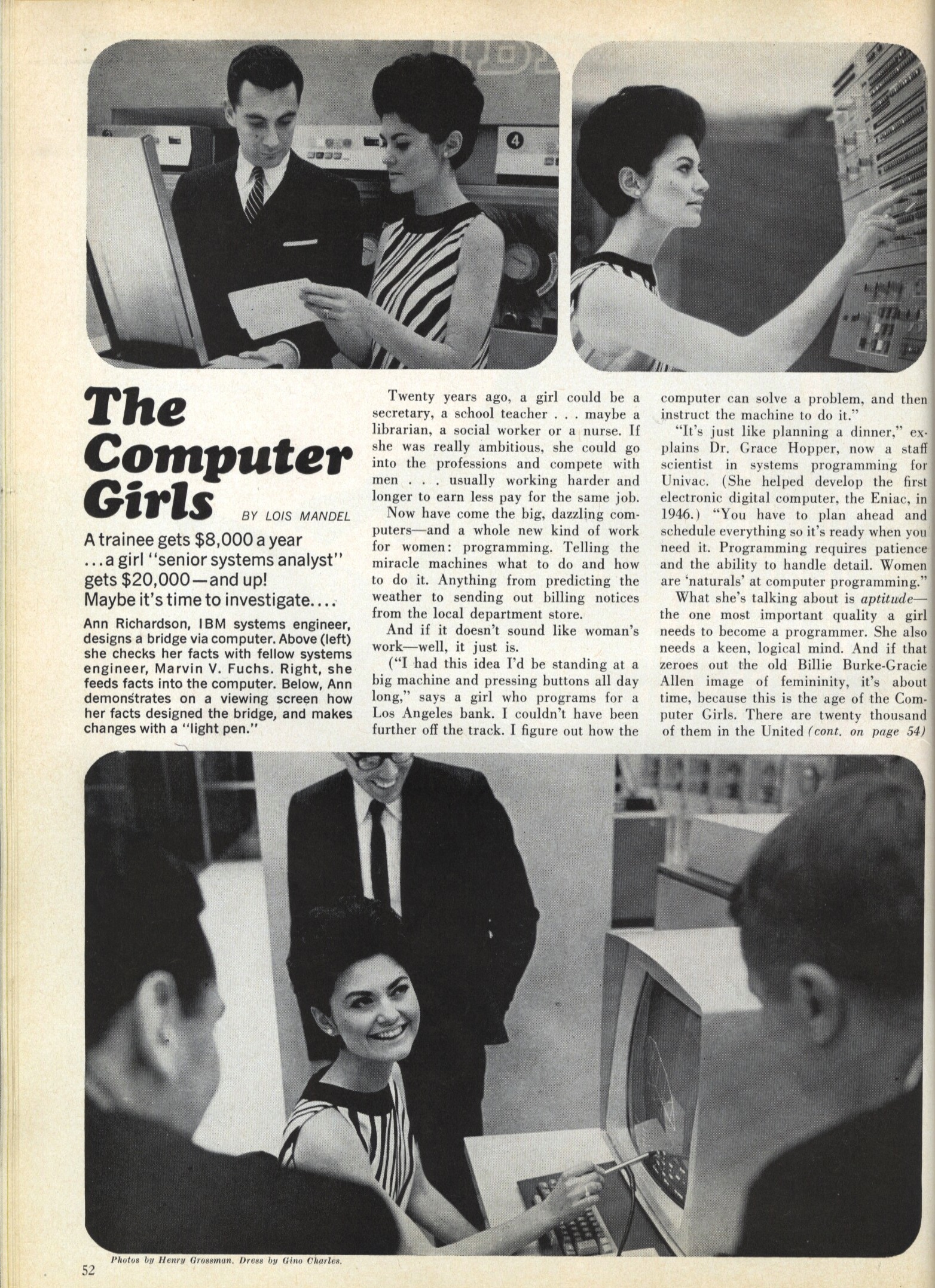
I’ve been following People of Color in European Art History (medievalpoc.tumblr.com) this week. The experience of seeing very old manuscript paintings of Dante’s Inferno showing Virgil as a person of color just pulls a jenga piece out of the bottom of my white supremacist basic education from kindergarten onwards. According to an NPR profile, the tumblr started with an art historian sharing pieces she encountered in her own work and exchanging ideas with other academics. It seems to have spread like wildfire though. As a media / STS / informatics person, I don’t do research related to medieval people for the most part at all, but the tumblr has been powerful for me because these images of medieval Europe are so central to American education from grades 7 on. How many history classes did we have that showed images of an all white medieval West, except when interrupted by those Moors or when crusaders went a traveling? The tumblr shows mundane cominglings of people of different colors in medieval art, images purified away by dominant historical practices and pedagogy. The topic of this blog vividly, compellingly, simply puts a set of images out there and seems to have ignited people’s interest. People from different parts of the world send questions, send their own finds, or even go out and produce interviews and generate archives to contribute back. To top it all off, the production of the archive is itself a kind of spectacle — an evolving story that, as a follower, I watch with anticipation and excitement.
Then again, medievalpoc’s challenge is to place show that people of color have always been part of Europe. The public (including my) view of medieval Europe is so whitewashed, that simply the presence proof — the image — is compelling. This is the kind of text that circulates well through the dashboards of tumblr — the colorful image that catches your attention as you casually scroll scroll scroll. Once she has you, then the second argument — that people of color were actually erased follows on.
Zinc has been talking about generating archives for science and technology in the global south for a few years. Workshops and online networks of participants are one way to do it. FemTechNet has also been generating archives and materials for feminist science studies, but their efforts have been largely among networks of academics. Those academics have been working with their students to storm wikis, generate interviews, compile research. I’m inspired by the way medievalpoc seems to circulate more casually and broadly than femtechnet work and wonder if there is something to learn from medievalpoc. Medieval POC makes me wonder if tumblr can be used as one way of reaching wide audiences, collecting from many places, and making the production of the archive a spectacle and event in itself (rather than materials for the production of other events).
By analogy, maybe there’s a feminist STS project that could take similar form. Women in computing advocates (e.g. Anita Borg Institute) often use the presence of women in computing history as the exception that proves the possibility. I’ve been frustrated for a while about the way well-meaning computing institutions deal with gender in computing by simply attempting to include women (future, present, and past) in the already gendered mold of the contemporary computer programmer. Here’s a picture of Grace Hopper and some women who wrote Fortran; they could code so can you! This Google Doodle from Dec 2013 celebrates Grace Hopper by showing her as a coder directly manipulating a machine — the model of computing celebrated today as one of a person/craftsman/artist manipulating media as an act of creativity.
Grace Hopper types at a computer terminal.
Take the above Doodle, for example. It is anachronistic; during Hopper’s time and for the next few years, computer programming was considered women’s work lower in status than the occupations of manager and scientist occupied by men. The word computer used to name women who would calculate, and even after machines were introduced, it was often those women who would manipulate them to do calculations, as Jen Light has shown. There were lots of “Computer Girls,” as Nathan Ensmenger has tracked, but they were displaced as computing professionalized as a male-dominated discipline. Let’s say nothing of how the concept of computer science was defined to exclude the computing work women were more likely to be doing — assembly, technical writing, building educational tools.

The Computer Girls do data processing on the machine, managed by men.
Is it possible to crowdsource an archive of non-men in computing in a way that also challenges the boundaries of what is considered computing? Interviews with secretaries who coded, pictures of ads recruiting women to assembly like the one found by DiffEng contributor Göde Both, scraps of evidence from information processing student in the 80s who witnessed the professionalization of Computer Science into a male-dominated Engineering bachelor’s degree course of study. Rather than women in computing, perhaps it could just be nobrocomputing. Why nobro? I was looking for a category that would let the project generate insights about the exclusions of women, people of color, queer people, and others in a concept of “computing” that privileges the participation of white men. Bro is not perfect, but it’s the most succinct I could think of for the moment. I’m happy for alternatives, please suggest!
Writing on the blog Difference Engines, Lilly Irani has proposed the crowdsourcing of “an archive of non-men in computing in a way that also challenges the boundaries of what is considered computing?” This is an excellent idea, and as a small token of support I am posting below a few images from my own research. They are meant to capture the range of representations of women as users, producers, beneficiaries, and victims of computing.
http://thecomputerboys.com/?p=590
Thanks for pointing us to this terrific tumblog, Lilly. Great teaching resource.